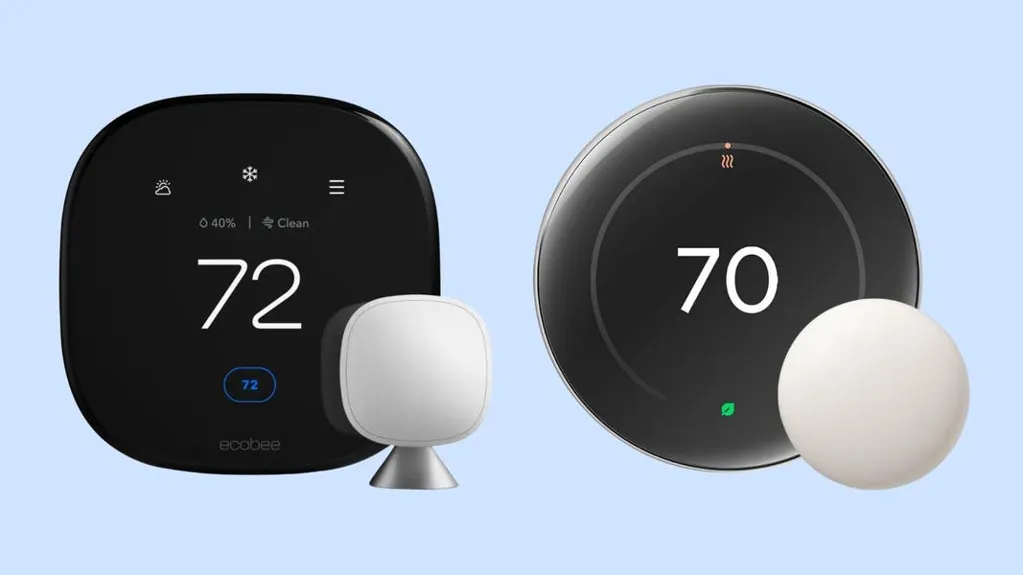I'm a staff writer focused on gear and tech based near New York City.
A smart thermostat helps maintain the perfect temperature in your home no matter the time of day, thanks to its ability to automatically make adjustments based on your preferences. They're easy to install, and they offer extras like smart home integrations to control the temperature while you're away or via voice commands when you're home. Some of the best smart thermostats, like my top pick, the Ecobee Smart Thermostat Premium, also monitor indoor air quality and offer Amazon Alex and Google Assistant smart home integrations.
Also, don't minimize the savings one of these units can net you: According to the United States Energy Information Administration, the average American household spends more than 40% of its total energy costs on cooling and heating. A smart thermostat can help reduce the cost of will usually pay for itself in energy savings in less than a year, and will pay for itself many times over in the full course of the unit's service -- especially if you go with an already lower-priced choice, like Amazon Smart Thermostat.
The tech editors and staff writers at Forbes Vetted have dozens of years of combined experience testing tech hardware of all types, from smart locks to security cameras to smart thermostats.
A smart thermostat can have a major impact on your home's energy consumption, expenses and carbon footprint, so we were careful in creating this curation of smart thermostats for you to consider.
All thermostats can control the temperature in your home. Here's what to look for in the best smart thermostats that will help you determine the right one for your home.
"When selecting a smart thermostat, prioritize compatibility," says Vander Hyde, explaining that this can mean both compatibility with the HVAC system installed in your home as well as "seamless integration with your smart home ecosystem, such as Alexa or Google Assistant." A smart thermostat's compatibility with a smart system you already use will just make life easier.
Many smart thermostats have the ability to learn your temperature preferences overtime. For some people, this might not be necessary feature, while for others it will be a true selling point. Turner-Bandele says, "The thermostat should be able to learn your temperature preferences and automatically establish its own schedule based on them. The best smart thermostats also include an additional sensor to ensure that each zone within the home has its optimal heating or cooling setpoint."
Smart thermostats can greatly reduce your home's HVAC costs by reducing periods of unneeded heating or cooling. "The big win is energy savings," says Fagundes. "Most homeowners can save between 10 to 20 percent annually on heating and cooling by letting a smart thermostat manage the temperature more efficiently." Just make sure you learn how to program your unit properly so you can make the most of its capabilities.
Many smart thermostats are relatively easy to install and are fine DIY projects, while others might require the use of an electrician. If there's a unit you're set on, don't let the installation needs dissuade you, but do factor professional installation into overall costs.
